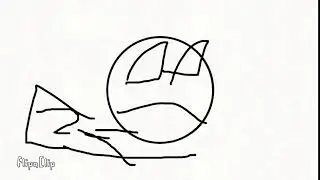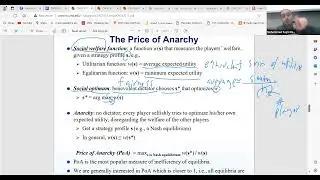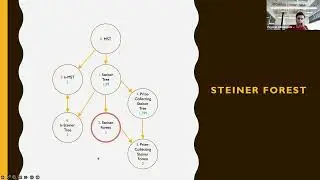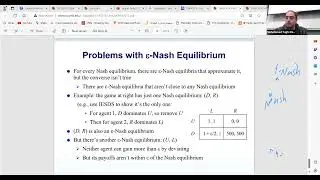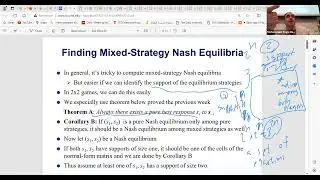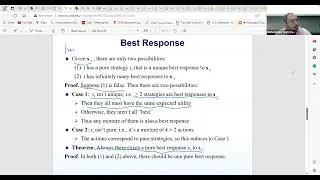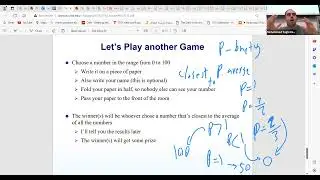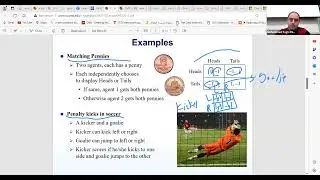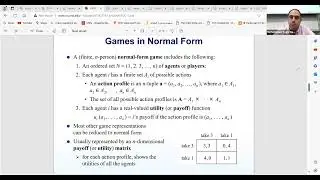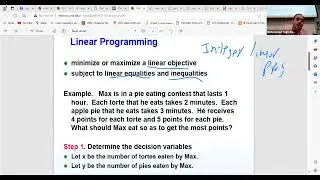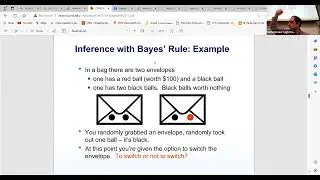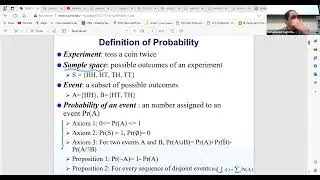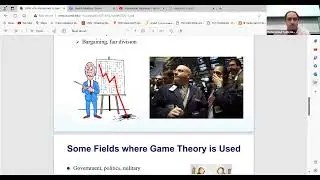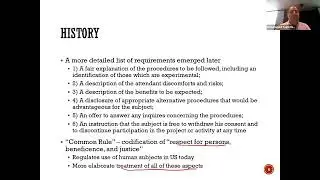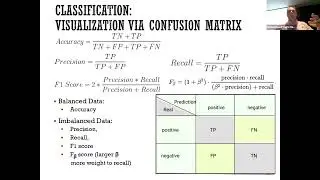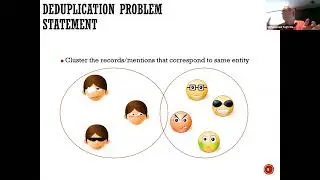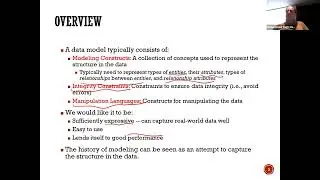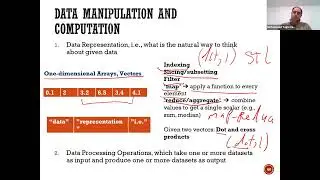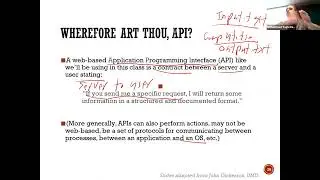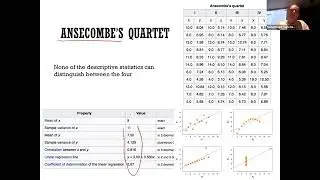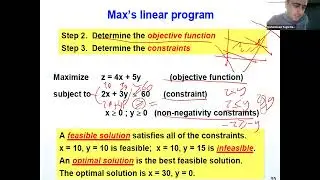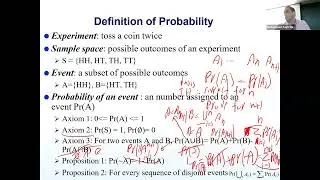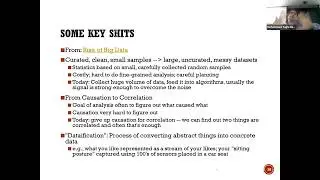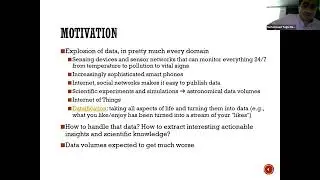Lesson 1: Computational Game Theory by Mohammad Hajiaghayi: Introduction and Motivation
In this session, we talk about introduction and motivation to computational game theory.
This course focuses on computational aspects, which are crucial as they have significant economic implications. Unlike general Game Theory, which is often studied by economists, this course emphasizes how computational strategies apply to self-interested agents, whether they are people, animals, or robots. These agents, driven by different preferences and outcomes, interact in ways that can be studied and predicted through game theory principles. Examples span from the behavior of viruses and bacteria to interactions in everyday human and economic scenarios.
Understanding Agent Behavior: Game Theory explores how these self-interested agents, or "players," engage in various interactions to maximize their own benefits. Even simple organisms like bacteria play "games" by behaving strategically to survive and thrive. These concepts apply broadly, and the course aims to shift students' perspectives, making them see the world through the lens of Game Theory. This perspective can reveal underlying strategic behaviors in seemingly unrelated fields, such as biology, economics, and even daily life interactions.
Practical Applications and Classroom Exercises: To illustrate these concepts, the course includes practical exercises like the "chocolate dilemma," which mirrors the famous Prisoner's Dilemma. In this game, students choose between taking one or three pieces of chocolate, demonstrating the outcomes of different strategies in a controlled setting. These exercises help students understand the profound effects small details can have on the outcomes of strategic interactions. Future sessions will delve into the mathematical foundations of Game Theory and its extensive applications across various domains.
#GameTheory, #ComputationalGameTheory, #StrategicAgents, #ComputationalStrategies, #SelfishAgents, #Economics, #StrategicInteractions, #BehavioralAnalysis, #PrisonersDilemma, #MathematicalFoundations, #algorithms


